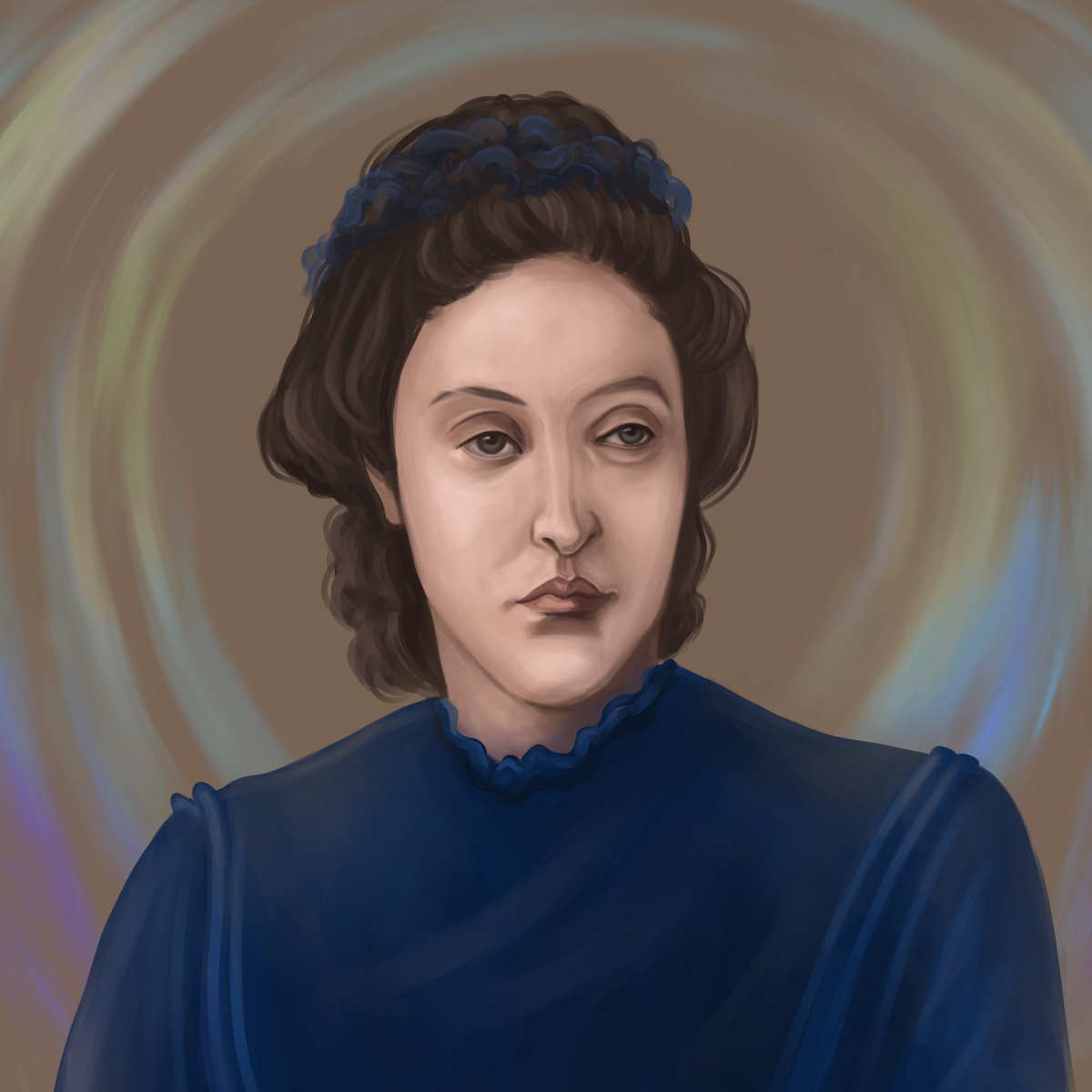Goblin Market
‘Goblin Market’ by Christina Rossetti narrates the story of Laura and Lizzie, delving into religion, sin, redemption, and feminism.
Morning and evening
Maids heard the goblins cry:
“Come buy our orchard fruits,
Come buy, come buy:
Christina Rossetti, a pivotal Victorian poet, is best known for ‘Goblin Market and Other Poems,’ published in 1862. Educated at home, she drew inspiration from John Keats and others, which fueled her diverse literary creations, from ballads to sonnets.
Despite lifelong health struggles, her writing flourished, receiving acclaim from contemporaries. Her later works, including ‘A Pageant and Other Poems,’ solidified her stature. Rossetti’s influence has grown since her passing in 1894, following a battle with cancer.

‘Goblin Market’ by Christina Rossetti narrates the story of Laura and Lizzie, delving into religion, sin, redemption, and feminism.
Morning and evening
Maids heard the goblins cry:
“Come buy our orchard fruits,
Come buy, come buy:
‘Jessie Cameron’ explores the themes of pride and tragic fate through the steadfast refusal of a marriage proposal, culminating in a mysterious seaside tragedy.
“Jessie, Jessie Cameron,
Hear me but this once,” quoth he.
“Good luck go with you, neighbor's son,
But I'm no mate for you,” quoth she.
The speaker in the poem requests no sorrowful tributes after her passing, as she enters a state of oblivious rest.
When I am dead, my dearest,
Sing no sad songs for me;
Plant thou no roses at my head,
Nor shady cypress tree:
‘In an Artist’s Studio’ describes one artist’s obsession over a particular woman and how her face encircles his every thought.
One face looks out from all his canvases,
One selfsame figure sits or walks or leans:
We found her hidden just behind those screens,
That mirror gave back all her loveliness.
Christina Rossetti’s ‘As froth on the face of the deep’ conjures awe with its vivid imagery, from sea froth to unreaped harvests, drawing the reader into a contemplation of the divine.
As froth on the face of the deep,
As foam on the crest of the sea,
As dreams at the waking of sleep,
‘An Apple Gathering’ is a first-person account of a woman who had a relationship before marriage and suffered the societal consquences.
I plucked pink blossoms from mine apple-tree
And wore them all that evening in my hair:
Then in due season when I went to see
I found no apples there.
This beautiful poem describes a woman’s escape from the pain and physicality of the real world and her journey into a deeply mediative state of peace.
Where sunless rivers weep
Their waves into the deep,
She sleeps a charmed sleep:
Awake her not.
‘The Thread of Life’ by Christina Rossetti is a poem about the poet’s sense of self, her feelings of isolation, and her decision to give herself over to God.
The irresponsive silence of the land,
The irresponsive sounding of the sea,
Speak both one message of one sense to me: —
Aloof, aloof, we stand aloof, so stand
‘Confluents’ by Christina Rossetti is a moving poem that uses figurative language to demonstrate the poet’s dedication to a specific person she loves.
As rivers seek the sea,
Much more deep than they,
So my soul seeks thee
Far away:
‘The World’ juxtaposes the alluring daylight with the erotic temptation akin to Eden, against the sinister nature of the night.
By day she woos me, soft, exceeding fair:
But all night as the moon so changeth she;
Loathsome and foul with hideous leprosy
And subtle serpents gliding in her hair.
‘A Bird Song’ by Christina Rossetti describes, through the interactions of swallows, the need a speaker has for a consistent companion.
It's a year almost that I have not seen her:
Oh, last summer green things were greener,
Brambles fewer, the blue sky bluer.
‘In the Bleak Midwinter’ describes the birth of the Christ child on a “bleak midwinter” day and those who came to see him.
In the bleak midwinter, frosty wind made moan,
Earth stood hard as iron, water like a stone;
Snow had fallen, snow on snow, snow on snow,
In the bleak midwinter, long ago.
‘Autumn Violets’ by Christina Rossetti advises that such late-stage experiences should be valued on their own terms. They shouldn’t be compared to their youthful counterparts.
Keep love for youth, and violets for the spring:
Of if these bloom when worn-out autumn grieves,
Let them lie hid in double shade of leaves,
Their own, and others dropped down withering;
‘The Greatest of These is Charity’ by Christina Rossetti emphasizes that while faith and hope are essential virtues, love is the greatest and most enduring of them all.
A moon impoverished amid stars curtailed,
A sun of its exuberant lustre shorn,
A transient morning that is scarcely morn,
A lingering night in double dimness veiled.—
‘Sweet Death’ by Christina Rossetti describes death and how it comes for all living things, even the youngest blossoms. It takes a theological perspective, indicating that life with God is more important than life on earth.
The sweetest blossoms die.
And so it was that, going day by day
Unto the church to praise and pray,
And crossing the green churchyard thoughtfully,